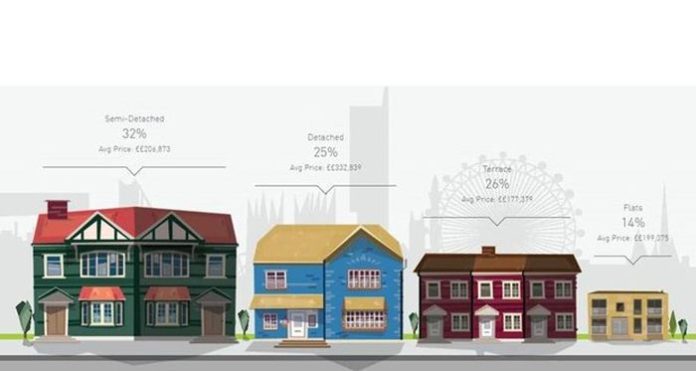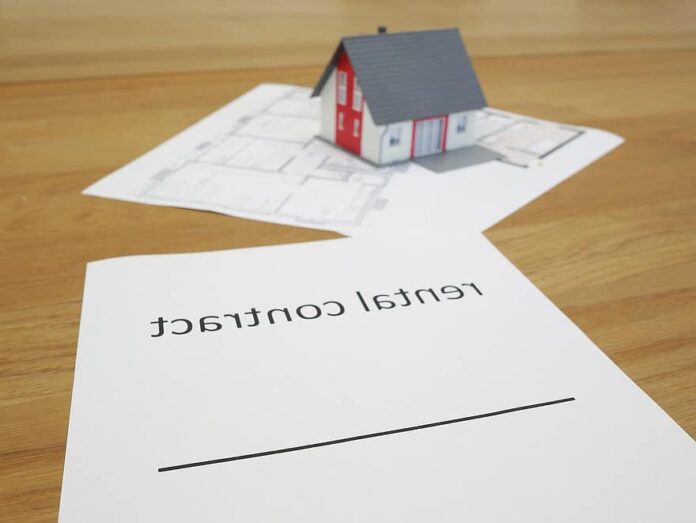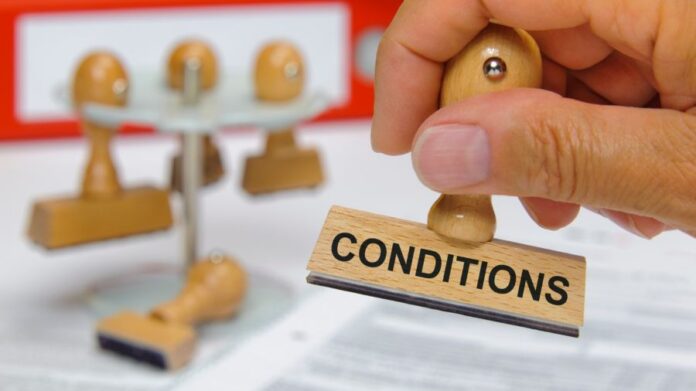Whether you’re an investor or a small business owner, you may be looking to expand by purchasing commercial real estate. It’s substantially different from looking for residential real estate and comes with its own unique set of considerations. Commercial real estates usually conduct income-generating business activities and can range from single units with one tenant to shopping malls or office towers with multiple tenants of different size and categories. Learn more about commercial estate in this article by RealVantage.
Let’s take a look at what you need to know about buying commercial real estate.
1. Type of Properties

There are many different types of commercial properties you can invest in. You’ll want to know far in advance what your intended purpose of the property is. Perhaps it’s an investment to make passive income by renting out apartments. Maybe you’re looking to create a chain of retail stores and restaurants to add to the community.
Commercial property is broken down into different categories such as:
- Multifamily
- Retail
- Hospitality
- Office Space
- Industrial or Manufacturing
- Land
- Special Purpose (Miscellaneous)
There are many classifications within these categories. Understand what your overall goal is before you start looking at property.
2. Condition of Property
As you begin the scouting process, you’ll want to have a full understanding of the condition of the property. Hire a surveyor to take a look at what issues the property may be facing. The foundation, for instance, may not be solid.
According to CNC Foundations, your property could require ground improvement when building from the ground up or preparing for demolition. This also applies to the general wear and tear of the property. Find out what the building was used for previously and how those could impact your needs as a buyer.
3. The Right Location

Location is one of the most important parts of any successful commercial real estate investment. What might seem like a profitable investment in the market right now doesn’t necessarily mean it will in the future.
You’ll want to research the market to learn about competition along with any future plans the city has for your area. It would also behoove you to research the demographics of the market as well.
Knowing the types of people who will be renting from you, would shop at your location, or even the available suppliers in the area can easily make a world of difference in the success of your investment.
4. Analyze Your Budget
You have to put money down if you want to start making money. Every type of commercial investment starts by having the proper financial backing. Take a look at what you currently have in personal savings and assets.
If there are additional investors who would be interested in a partnership, this could be a great opportunity to bypass taking out a loan. However, in many cases, you’ll need to work with a lender.
Since commercial real estate is riskier than residential real estate, you may have to work with higher interest rates or get pre-approved for special types of loans, such as Hard Money Loans or Commercial Bridge Loans.
You’ll also need to acquire earnest money. This is money you provide to the seller so they know you’re serious about making the purchase.
Be warned, sometimes the earnest money isn’t refundable if the deal doesn’t go through. Make sure you’re diligent when looking over any contracts and before giving money to anyone.
5. Other Amenities and Services Provided
Any additional amenities or services provided within your property are always a bonus, but can sometimes come with additional costs. These could be things such as parking lots or security cameras.
They can add to the overall resell of your property in the long run, which is great if you intend to flip it in the future.
Say, for instance, you’re purchasing a property to use as an apartment complex. Along with the property, you’ll also receive an ample amount of parking space with nearby street lights. This adds a sense of safety for potential tenants and puts you at an advantage over your competition.
6. Surrounding Structures
While surveying the property, you’ll want to take a look at what’s nearby. This doesn’t necessarily mean just the properties next door. According to OppTrends, you’ll want to look at the infrastructure development of the area such as nearby train tracks, landmarks, airports, or construction.
All of these can impact the property value. Sometimes it can be beneficial, like a hotel being near an airport. Other times it can be negative, such as loud train tracks being near where you intend to build an apartment complex.
7. Future Goals
How you intend to use your property doesn’t just apply to your immediate needs. As you start to plan out your commercial property strategy, you’ll want to take into consideration what your future goals are for your investment.
Do you plan to flip the property to make extra income? Are there opportunities to expand on the property for you to build additional apartment units or retail spaces?
Start asking yourself these questions early on. That way, when you visit a property, you’ll be able to see if it’s conducive to your long-term goals.
8. Secure Financing
Before you can close on any deal or even put an offer in on a property, you’ll need to secure your financing. Look over any details on the property you intend to buy including all repairs, renovations, hidden costs, and contractors you may have to hire.
Figure out what the down payment will look like, along with monthly expenses like the mortgage and insurance. Once you know your final number, talk to your lender to ensure you’re pre-approved for the necessary loan.
Solidify contracts with the investors you’ve spoken with. You need to have money in hand, not just numbers on a spreadsheet before you can buy a property.
9. Look Over Terms of Contract

As you get ready to close on your property, you need to have an attorney look over the contract before signing. Have a clear understanding of what you’re getting yourself into. Legal terminology can be complex, making you miss something that could negatively impact you down the road.
Once you feel confident about your decision, you can finally close the deal and start the process of getting your commercial property ready for business.










